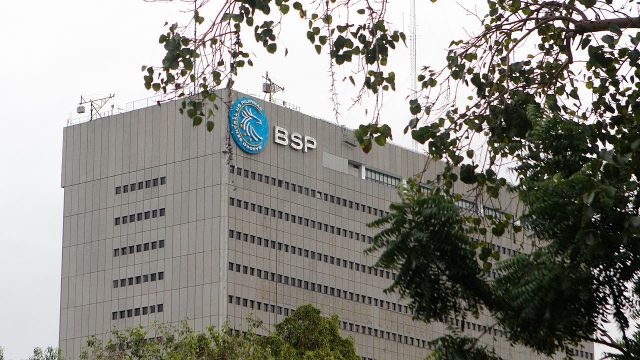Central banks need to ‘stay alert’ as core inflation heats up
CENTRAL BANKS in Asia, including the Bangko Sentral ng Pilipinas (BSP), need to “stay alert” as core inflation in these economies are still running above target, the International Monetary Fund (IMF) said.
In a blog dated Feb. 20, the IMF said that even though inflation is expected to moderate in the region this year, core inflation is proving to be more persistent and has yet to ease.
The blog was authored by IMF Asia and Pacific Department Director Krishna Srinivasan, Deputy Director Thomas Helbling, and Division Chief of Regional Studies and Mission Chief for the Philippines Shanaka J. Peiris.
“The big supply shocks and permanent structural realignments associated with the pandemic have made calibrating monetary policy particularly challenging. Signals in the data about second-round effects are mixed, further heightening uncertainty for policy makers,” the IMF said.
The reopening of the Chinese economy may have also added pressure on global commodity prices, especially in countries seeing a boost in tourism.
“This means that central banks should tread carefully by reaffirming their commitment to price stability. Indeed, they may need to hike rates further if core inflation does not show clear signs of returning to target,” the IMF said.
The BSP raised the key interest rate by 50 basis points (bps) last week to a near 16-year high of 6%. The rates on the overnight deposit and lending facilities were also increased to 5.5% and 6.5% respectively to tame inflation.
The latest rate hike came after Philippine inflation quickened to a 14-year high of 8.7% in January, from 8.1% in December. It marked the 10th straight month inflation was above the BSP’s 2-4% target range.
Core inflation, which discounts food and fuel volatile prices, soared to 7.4% in January from 6.9% in December, the highest in more than two decades.
The faster-than-expected January inflation prompted the BSP to raise its average inflation forecast to 6.1% this year from 4.5% previously.
However, the IMF said inflation in Asia will likely moderate this year, returning to central bank targets in 2024 due to easing headwinds, especially as the US dollar has lost some of its strength.
“Central banks in Asia have been hiking interest rates as they tackle above-target inflation. These factors have helped Asian currencies rebound, with most erasing about half of last year’s losses, which has eased pressure on domestic prices,” it added.
The US Federal Reserve raised the target interest rate by 25 bps earlier this month, bringing the target policy range to 4.5-4.75%, the highest since 2007.
The IMF sees Asia and the Pacific region growing by 4.7% this year, faster than the 3.8% in 2022 as global financial conditions ease, commodity prices go down, and China recovers.
“This will make it by far the most dynamic of the world’s major regions and a bright spot in a slowing global economy,” the multilateral lender said.
The region’s emerging economies, which include the Philippines, are also seen to expand by 5.3% this year, as the impact of supply-chain disruptions fades and the service sector grows.
The IMF expects Philippine growth to slow to 5% this year, from 7.6% in 2022, but rebounding to 6% in 2024. The projection is slower than the 6-7% government target.
“China and India alone are expected to contribute more than half of global growth this year, with the rest of Asia contributing an additional quarter. Cambodia, Indonesia, Malaysia, the Philippines, Thailand, and Vietnam are all back to their robust pre-pandemic growth,” it said.
In its January World Economic Outlook update, the IMF said the global economy will likely expand by 2.9% this year, slower than the 3.4% expansion in 2022, amid elevated inflation and Russia’s war in Ukraine.
“China has strong trade and tourism linkages, so this is positive news for Asia, as half of the region’s trade takes place between its economies,” the IMF said, adding that output in the rest of Asia rises by around 0.3% for every percentage point of higher growth in China.
However, a slowdown in China in the coming years will also weigh on growth prospects across the region’s supply chains and around the world. This will require more urgent reforms to boost productivity and long-term growth, the IMF said.
“Fiscal deficits during the pandemic and higher long-term interest rates over the past year added to public debt burdens,” the IMF said.
“With several Asian countries facing debt distress, authorities must continue with their plans for gradual fiscal consolidation. Doing so will also ensure that monetary and fiscal policies are not acting at cross purposes,” it added. — Keisha B. Ta-asan











